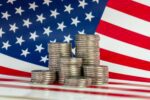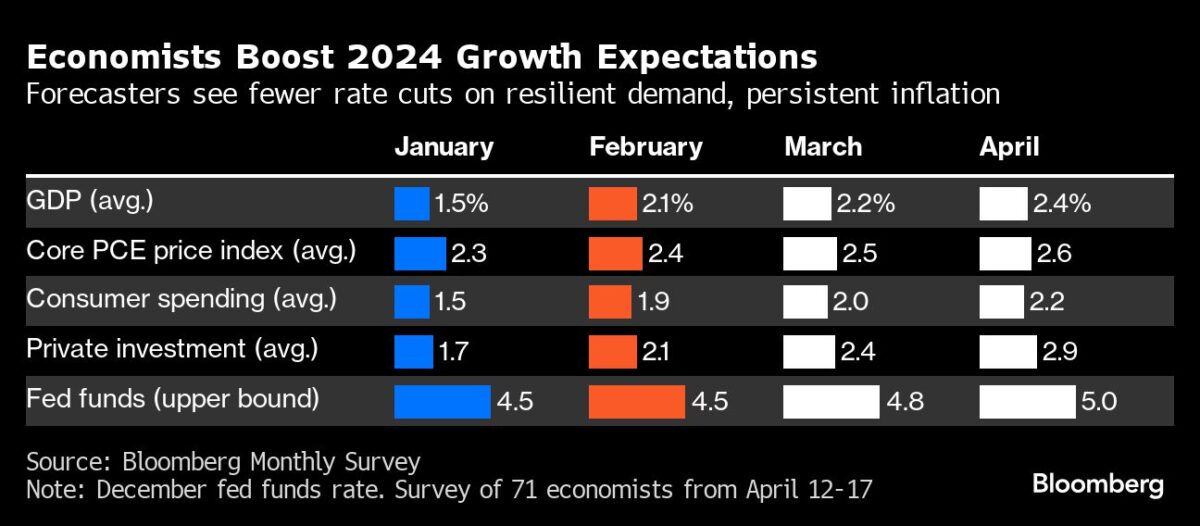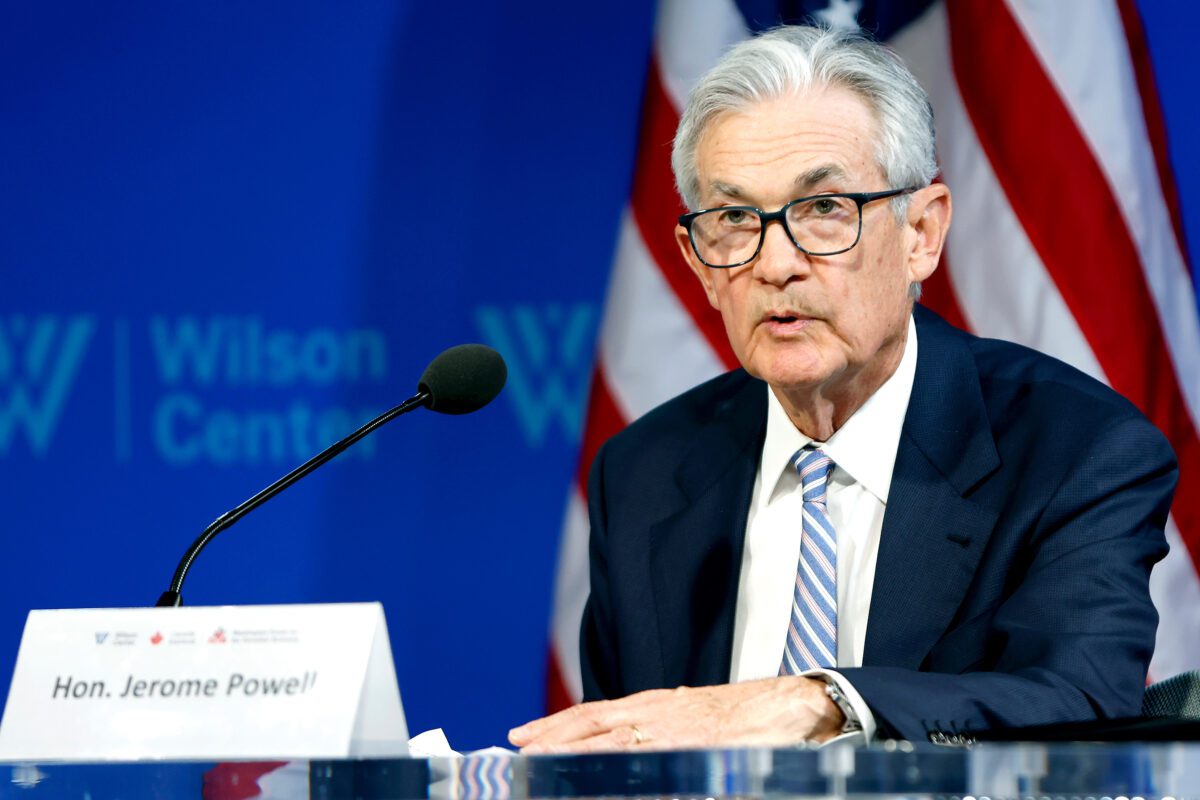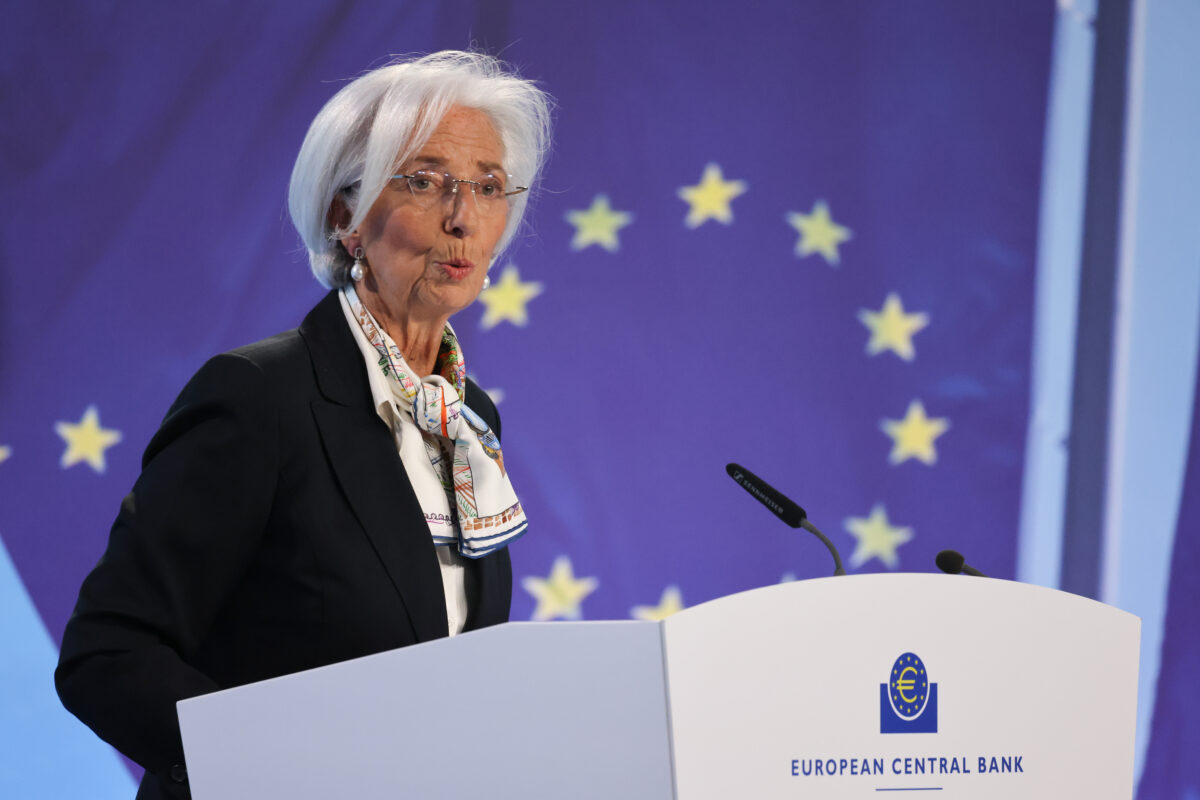FMW-Redaktion
Julius Bär, eine der angesehensten (?) Schweizer Banken, hat wie vorher schon spekuliert wurde jetzt offiziell eine Vereinbarung mit der US-Justiz geschlossen über 547 Mio Dollar-Strafzahlung (we call it „Ablasshandel“). Hinzu kommt ein Schuldanerkenntnis von zwei Julius Bär-Bankern (5 Jahre Haft möglich), weil man US-Bürgern geholfen hatte bis zu 4,7 Milliarden Dollar in 2.589 Konten vor der US-Steuer zu verstecken. Genauer gesagt waren 4,7 Milliarden Dollar der Höhepunkt der verwalteten Gelder im Jahr 2007. Von 2001-2011 machte die Bank mit diesen Konten einen Gewinn von 87 Mio Dollar. Tja, da hat sich die ganze Mühe insgesamt wohl nicht gelohnt für die Bank! Lässt man sich in den nächsten drei Jahren nichts mehr zuschulden kommen, ist das Verfahren damit für Julius Bär selbst erledigt.
Die ehemaligen Julius Bär-Mitarbeiter Daniela Casadei and Fabio Frazzetto bekannten sich schuldig der Verschwörung, der Fälschung von US-Steuererklärungen und zum Betrug gegenüber der US-Steuerbehörde IRS. Ihnen droht jetzt eine Haftstrafe in den USA von bis zu 5 Jahren – aber das wird erst im August entschieden. Da fragt man sich doch: Genau wie bei der Fifa und bei Volkswagen haben die Herrschaften ganz oben im Bankgebäude nichts von all dem gewusst? Irgendwer weiter unten hat sich „falsch verhalten“ und von all dem einfach nichts nach oben weitergeleitet? Naja…
Das US-Justizministerium erwähnt ausdrücklich, dass man Julius Bär zugute hält, dass sich die Bank bei den US-Behörden gemeldet habe, noch bevor sie davon Kenntnis erhielt, dass gegen sie bzw. ihre US-Kunden ermittelt wird. Auch habe man wohlwollend zur Kenntnis genommen, dass die Bank frühzeitig die Praxis des Versteckens von US-Geldern vor der US-Steuer eingestellt habe.
Julias Bär selbst sagt dazu:
Daniel J. Sauter, Verwaltungsratspräsident von Julius Bär, kommentierte den Vergleich wie folgt: „Unsere Fähigkeit, diesen abschliessenden Vergleich mit dem US-Justizministerium zu erreichen, ist das Ergebnis unseres konstruktiven Dialogs und unserer Zusammenarbeit mit den US-Behörden. Ich möchte all unseren Mitarbeitenden, Kunden und Aktionären für ihr anhaltendes Vertrauen und ihre Unterstützung danken.“
Boris F.J. Collardi, CEO von Julius Bär, fügte hinzu: „Dass wir diese bedauerliche Altlast bereinigen konnten, ist ein wichtiger Meilenstein für Julius Bär. Der erzielte Vergleich beendet eine lange Phase der Unsicherheit, der die Bank einschliesslich all ihrer Stakeholder ausgesetzt war. Dank dieser Lösung können wir uns nun wieder ganz auf die Zukunft und unser Geschäft fokussieren.“
Hier ein Auszug der Original-Veröffentlichung des US-Justizministeriums, das gerade bei den Schweizer Banken jedes Mal eine Art interessante Kurzgeschichte schreibt, wie denn der ganze Vorgang in den letzten Jahren abgelaufen ist, also wie die Bank zusammen mit ihren US-Kunden deren Gelder versteckt hat, mit Nummernkonten etc. Jedes Mal interessant zu lesen!
From at least the 1990s through 2009, Julius Baer helped many of its U.S. taxpayer-clients evade their U.S. tax obligations, file false federal tax returns with the IRS and otherwise hide accounts held at Julius Baer from the IRS (hereinafter, undeclared accounts). Julius Baer did so by opening and maintaining undeclared accounts for U.S. taxpayers and by allowing third-party asset managers to open undeclared accounts for U.S. taxpayers at Julius Baer. Casadei and Frazzetto, bankers who worked as client advisers at Julius Baer, directly assisted various U.S. taxpayer-clients in maintaining undeclared accounts at Julius Baer in order to evade their obligations under U.S. law. At various times, Casadei, Frazzetto and others advised those U.S. taxpayer-clients that their accounts at Julius Baer would not be disclosed to the IRS because Julius Baer had a long tradition of bank secrecy and no longer had offices in the United States, making Julius Baer less vulnerable to pressure from U.S. law enforcement authorities than other Swiss banks with a presence in the United States.
In furtherance of the scheme to help U.S. taxpayers hide assets from the IRS and evade taxes, Julius Baer undertook, among other actions, the following:
•Entering into “code word agreements” with U.S. taxpayer-clients under which Julius Baer agreed not to identify the U.S. taxpayers by name within the bank or on bank documents, but rather to identify the U.S. taxpayers by code name or number, in order to reduce the risk that U.S. tax authorities would learn the identities of the U.S. taxpayers.
•Opening and maintaining accounts for many U.S. taxpayer-clients held in the name of non-U.S. corporations, foundations, trusts, or other legal entities (collectively, structures) or non-U.S. relatives, thereby helping such U.S. taxpayers conceal their beneficial ownership of the accounts.
Julius Baer was aware that many U.S. taxpayer-clients were maintaining undeclared accounts at Julius Baer in order to evade their U.S. tax obligations, in violation of U.S. law. In internal Julius Baer correspondence, undeclared accounts held by U.S. taxpayers were at times referred to as “black money,” “non W-9,” “tax neutral,” “unofficial,” or “sensitive” accounts.
Julius Baer also advised its bankers to take certain steps to avoid scrutiny from U.S. authorities when travelling to the United States, as well as steps to avoid U.S. law enforcement identifying Julius Baer clients. In a memo entitled “U.S. Clients Do’s & Don’ts,” circulated internally in 2006, a Julius Baer employee provided client advisers with advice regarding travel to the United States, including:
•“At Immigration . . . When asked by Officer what will you do while in the USA, say Business and of course some leisure, trying to take some time to enjoy your beautiful country. Proud government employees usually love this type of statement.One can throw in skydiving or another fun sport/activity.This tends to shift the questioning away from the business purpose to the ‘fun time’ part of the trip (carrying a tennis racket also puts the emphasis on “fun and games,” and not on business).”
•In regard to communicating while in the U.S.:“Only use mobile phone[s] registered in and operating from Switzerland.Avoid phone calls from hotel to clients.It is recommended to purchase a telephone calling card from the post office, grocery stores, or electronic shops.This allows you to use practically any phone with no specific link left behind.The best is to pay for the calling card in cash.For ex: a 400 minutes local calling card costs less than $50, but the rates can vary.Most cards can also be used to call anywhere abroad.”
At its high-water mark in 2007, Julius Baer had approximately $4.7 billion in assets under management relating to approximately 2,589 undeclared accounts held by U.S. taxpayer-clients. From 2001 through 2011, Julius Baer earned approximately $87 million in profit on approximately $219 million gross revenues from its undeclared U.S. taxpayer accounts, including accounts held through structures.
Julius Baer’s Blocked Effort to Self-Report, Acceptance of Responsibility, and Cooperation in the Government Investigation
Notwithstanding its lucrative criminal conduct, by at least 2008, Julius Baer began to implement institutional policy changes to cease providing assistance to U.S. taxpayers in violating their U.S. legal obligations. For example, by November 2008, the company began an “exit” plan for U.S. client accounts that lacked evidence of U.S. tax compliance. In that same month, Julius Baer imposed a prohibition on opening accounts for any U.S. clients without a Form W-9.
Additionally, in November 2009, before Julius Baer became aware of any U.S. investigation into its conduct, Julius Baer decided proactively to approach U.S. law enforcement authorities regarding its conduct relating to U.S. taxpayers. Prior to self-reporting to the Department of Justice, Julius Baer notified its regulator in Switzerland of its intention to contact U.S. law enforcement authorities. This Swiss regulator requested that Julius Baer not contact U.S. authorities in order not to prejudice the Swiss government in any bilateral negotiations with the United States on tax-related matters. Accordingly, Julius Baer did not, at that time, self-report to U.S. law enforcement authorities.
After ultimately engaging with U.S. authorities, Julius Baer has taken exemplary actions to demonstrate acceptance and acknowledgement of responsibility for its conduct. Julius Baer conducted a swift and robust internal investigation, and furnished the U.S. government with a continuous flow of unvarnished facts gathered during the course of that internal investigation. As part of its cooperation, Julius Baer also, among other things, (1) successfully advocated in favor of a decision provided by the Swiss Federal Council in April 2012 to allow banks under investigation by the U.S. Department of Justice to legally produce employee and third-party information to the department, and subsequently produced such information immediately upon issuance of that decision; and (2) encouraged certain employees, including specifically Frazzetto and Casadei, to accept responsibility for their participation in the conduct at issue and cooperate with the ongoing investigation.
Kommentare lesen und schreiben, hier klicken













Hallo Herr Fugmann,
wie ist das mit der Aufsichtspflicht (oder wie man das nennt) eines CEO. Dachte, auch wenn er (oder der Vorstand für diesen Bereich) nichts wussten, muss er seinen Verantwortungsbereich so organisieren, das er es weiß. Wurde dies vernachlässigt, dann ist er automatisch mitschuldig.
Ist das in diesem Fall anders?
Hallo Judas,
unsere Antwort siehe unten!
Hallo Judas,
im Artikel findest Du auch einen anklickbaren Link direkt zum Gesamttext des US-Justizministeriums. Lies ihn bei Interesse ganz durch, sehr interessant. So wie die es formuliert haben, gibt es hier reichlich Schulterklopfer für das Management von Julius Bär. Man fände es gut, dass Julius Bär so frühzeitig von sich aus reagiert habe usw. Der Deal heißt kurz zusammengefasst Cash-Strafe + 3 Jahre Bewährung für die Bank (keine weiteren negativen Vorkommnisse), dann ist die Bank selbst raus. Dran glauben müssen strafrechtlich so wie es sich hier liest nur die beiden Kundenberater. Mehr ist dazu an dieser Stelle noch nicht zu erfahren.